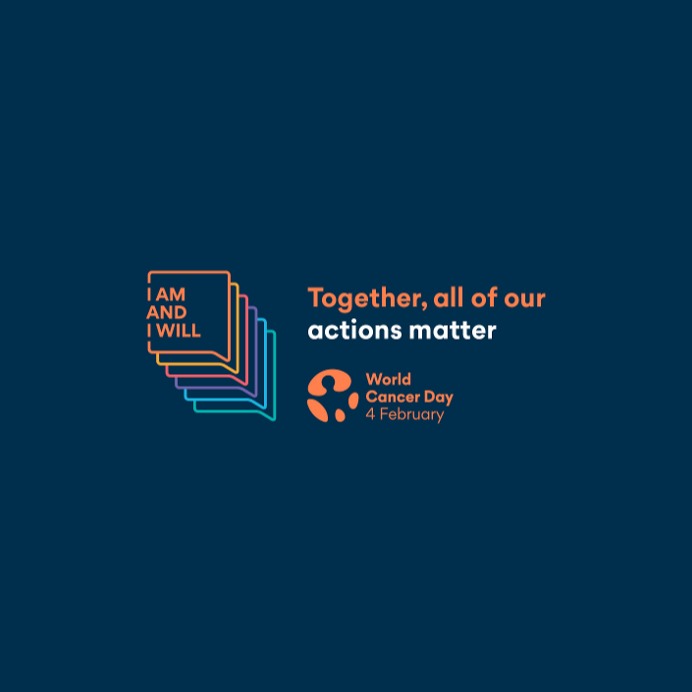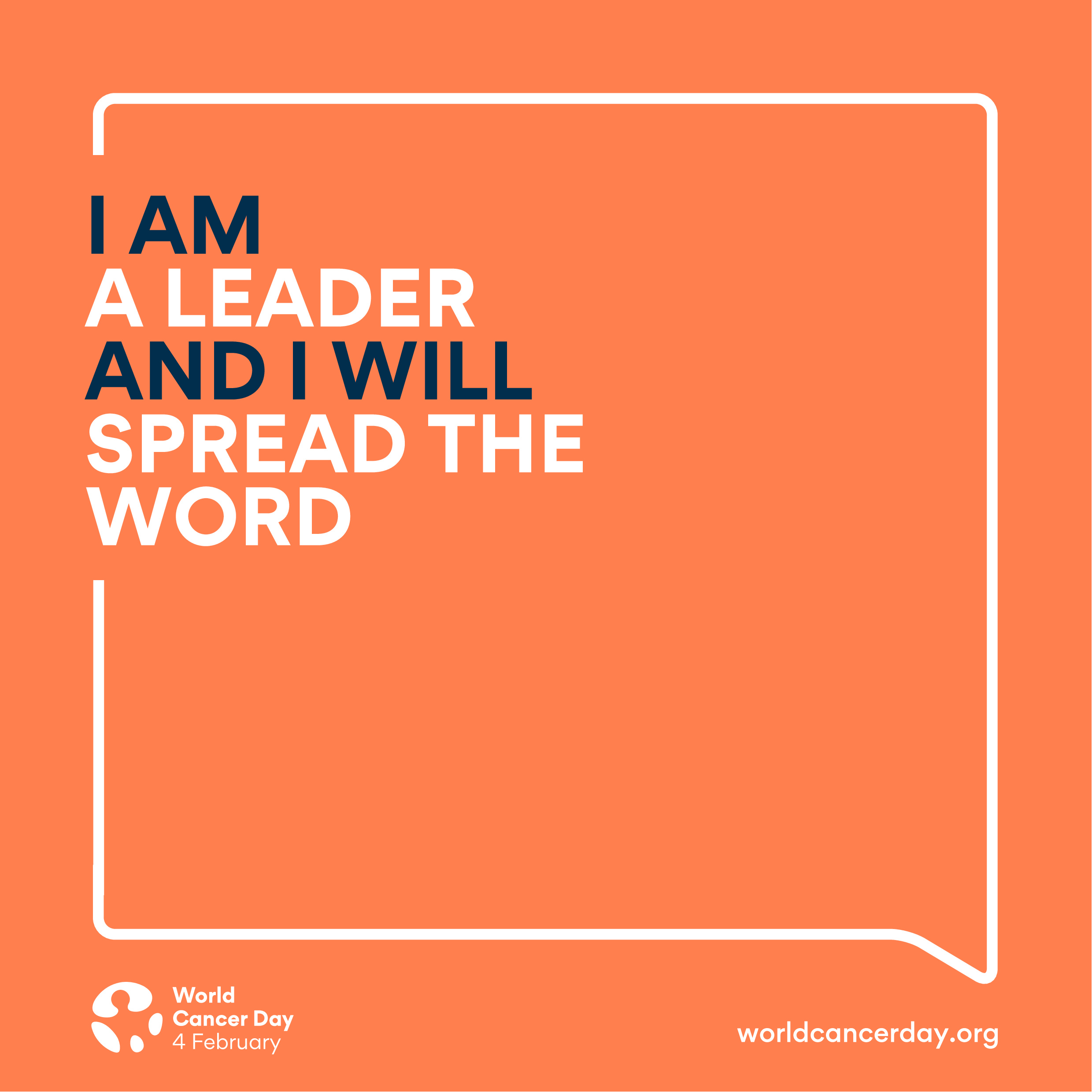By continuing to use our site, you consent to the processing of cookies, user data (location information, type and version of the OS, the type and version of the browser, the type of device and the resolution of its screen, the source of where the user came from, from which site or for what advertisement, language OS and Browser, which pages are opened and to which buttons the user presses, ip-address) for the purpose of site functioning, retargeting and statistical surveys and reviews. If you do not want your data to be processed, please leave the site.
The Voice of People With Breast Cancer
Education
Our Voices Blog
Category : Taking Action
Questions and Experts Session Guide: A Medical Oncologist Answers Questions about HR-Positive Breast Cancer
In today’s post, we provide the questions that were sent in and asked during the live session of our Questions and Experts session held in April 2021. In this session, Dr. Sandeep Sehdev, MD, FRCPC, a Medical Oncologist, answered questions about HR-positive breast cancer. In the parentheses, you’ll find the timestamp of where to find the question in the on-demand video.
CBCN's Digital Storytelling and Advocacy Toolkit: Using Personal Storytelling for Advocacy
While there have been many advances made in the diagnosing, treatment and management of breast cancer, individuals diagnosed with or living with breast cancer still face issues that are not yet being addressed by the organizations and government bodies that serve them. In addition to this, the public is generally not aware of the day-to-day impacts of a breast cancer diagnosis on individuals and their families.
Questions and Experts Session Guide: A Medical Oncologist Answers Questions about HER2-Positive Breast Cancer
In today’s post, we provide the questions that were sent in and asked during the live session of our Questions and Experts session held in April 2021. In this session, Dr. Karen Gelmon, MD, FRCPC, a Medical Oncologist, answered questions about HER2-positive breast cancer. In the parentheses, you’ll find the timestamp of where to find the question in the on-demand video.
Patient Advocacy with Integrity
Increasingly, the not-for-profit advocacy world has been questioned regarding industry funding. Many critics believe that any organization that receives funding from the pharmaceutical industry is automatically biased, but this ignores the great pains that health charities often go through to remain unbiased, ethical, and credible. And it certainly does not reflect the patient-centric approach that CBCN takes.
This World Cancer Day, Commit to Act
February 4th is recognized as World Cancer Day, a global initiative led by the Union for International Cancer Control (UICC) that is focused on awareness, education and action. The goal of this day is to create a world where death from cancer is preventable and where everyone can access proper care and life-saving treatment.
Our Top Blogs From 2020!
2020 was eventful, to say the least. It was a year where many had to shift and pivot from their everyday normal. Appointments were cancelled, surgeries were delayed and rescheduled, and patients found themselves having to access their doctors and healthcare team through a screen. Breast cancer patients had to not only worry about their risk of contracting the COVID-19 virus, but they also had to maintain their cancer care as best they could, something that was a challenge both mentally and physically.
CBCN In Action in 2020: Our Year in Review
As the year slowly winds down, we look back on some of the many activities and projects that CBCN has participated in, developed, or updated. These efforts reflect our ongoing commitment to that ensure that the voice and perspectives of breast cancer patients are reflected in the work that we do.
Recognizing CBCN’s Breast Cancer Awareness Month Fundraisers
October is Breast Cancer Awareness Month and each year, we see a surge of individuals, companies, and organizations joining the conversation to raise awareness of breast cancer. Amid the ongoing COVID-19 pandemic, people and organizations participated in virtual events, used their social media to raise awareness, and donated to various breast cancer organizations.
Taking Action this World Cancer Day
Every year on February 4th, World Cancer Day, we get the opportunity to reflect on the work we’re doing to help reduce the impact of cancer. World Cancer Day, led by the Union for International Cancer Control (UICC), has an action packed slogan: I Am and I Will. They’ve developed a set of key issues that affects us all. Here’s how CBCN is working to reduce the affects of cancer for Canadians based on these key issues:
Our top blogs from 2019!
It’s now 2020! How strange does that sound? 2019 was a busy and impactful year at CBCN. So, we thought we’d look back and see what blogs you, our readers, found to be the most valuable. Here’s the top 10 list of most read blogs on CBCN’s Our Voices.













